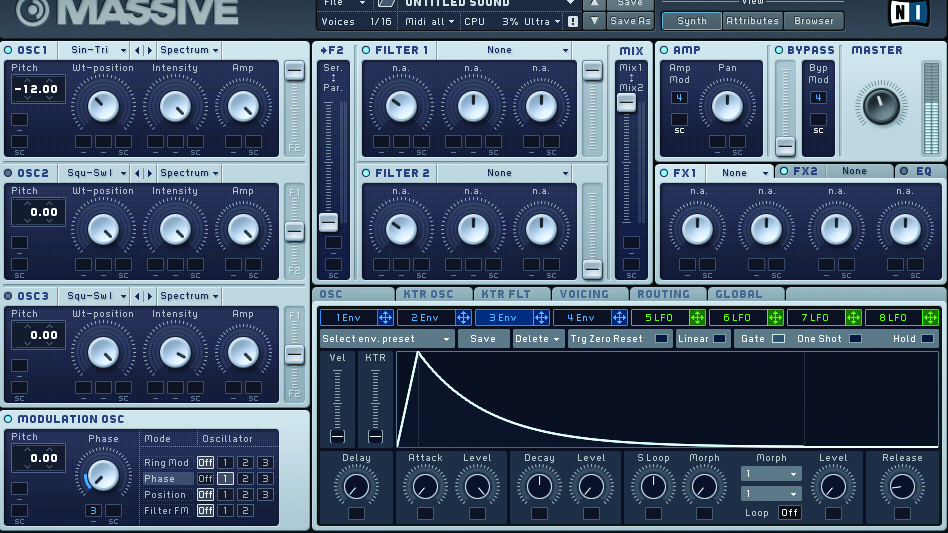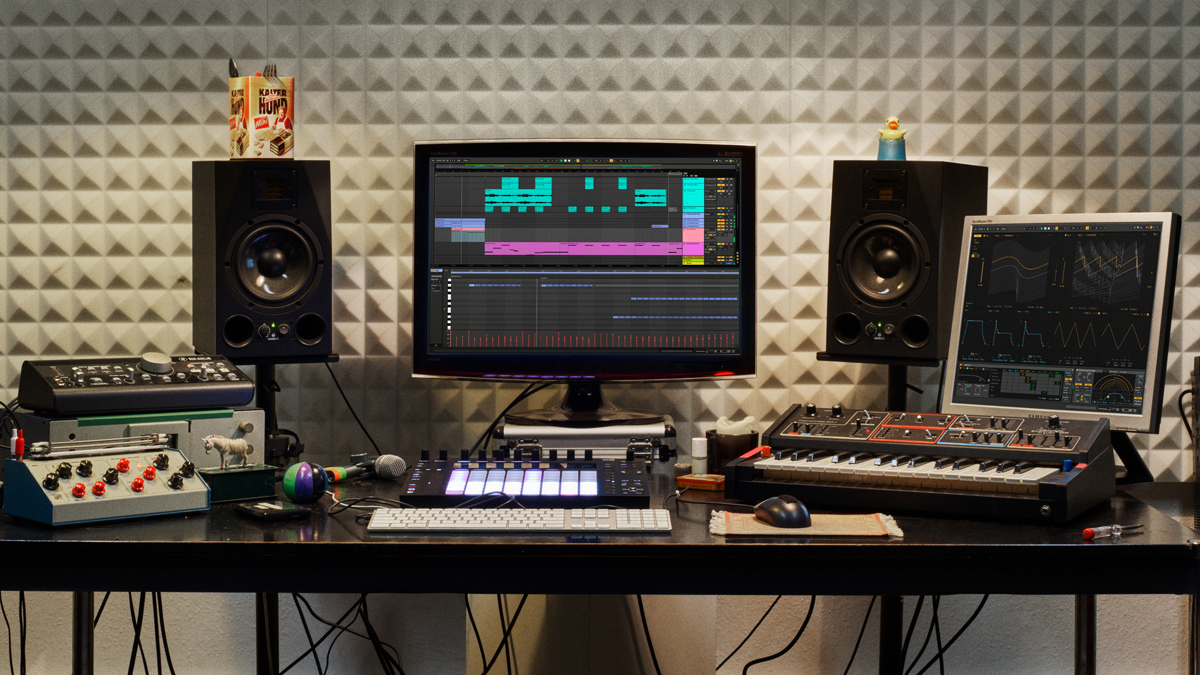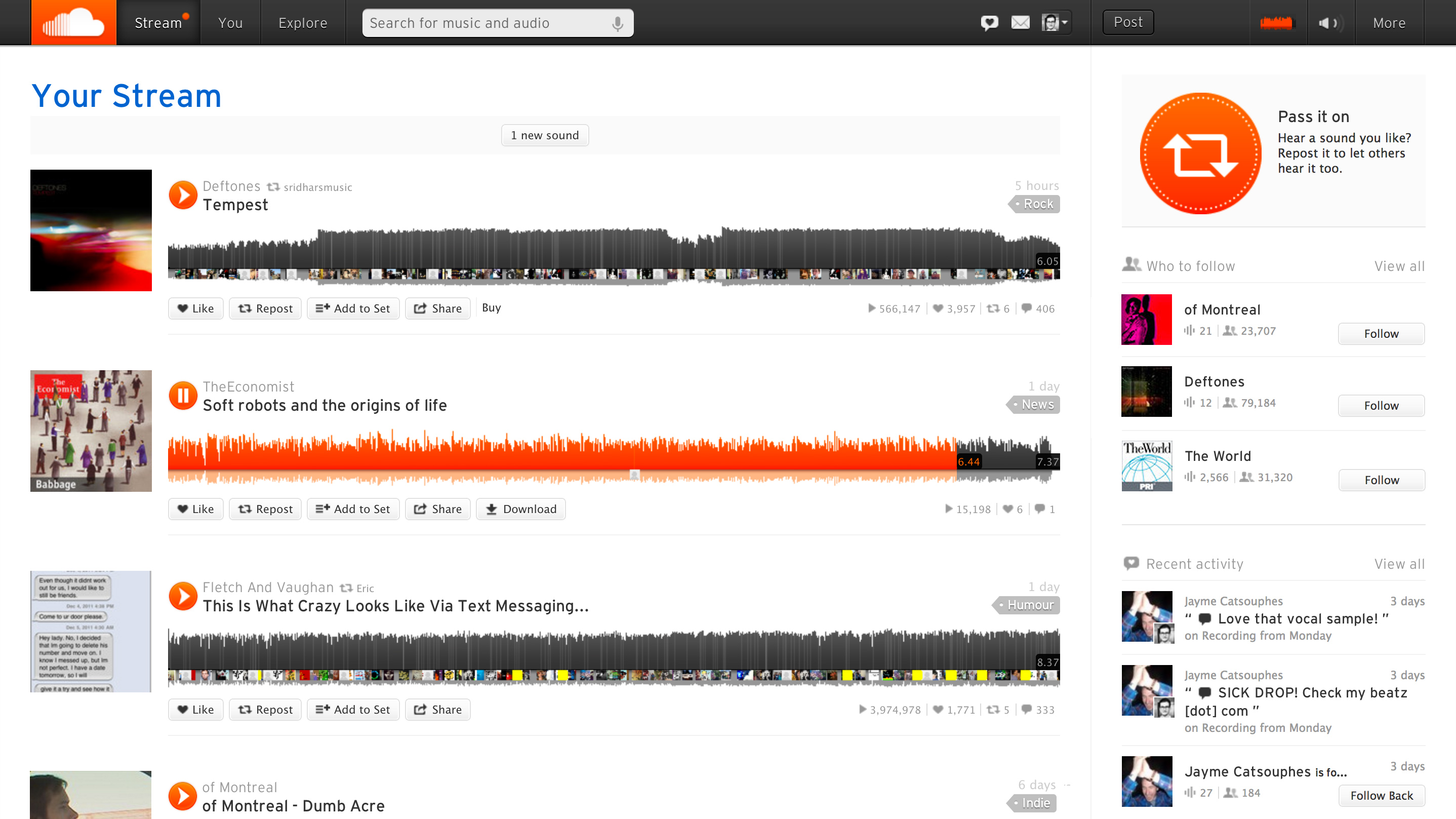The beginner's guide to: Berlin techno
The signature sounds of the German capital reflect a cultural melting pot with strong ties to Detroit

Want all the hottest music and gear news, reviews, deals, features and more, direct to your inbox? Sign up here.
You are now subscribed
Your newsletter sign-up was successful
Some music scenes are defined by artists, some by labels, some by specific sounds or tracks. Berlin is different. Yes, you can pick out key contributors to all of those categories, but it’s somehow not enough to explain the broader creativity of the German capital. Perhaps the best way to trace the evolution of techno in Berlin is instead with the names of the city’s legendary clubs: Tresor. Bunker. Elektro. E-Werk. Ostgut. Berghain...
Berlin latched on to techno in the early days of the genre, and has remained loyal ever since. As with so many musical scenes, it’s impossible to tell the story without explaining the cultural context. It’s a hell of an understatement to say that Berlin in the late ’80s was a city undergoing a transformation, but in this case the shifting social context coincided with genre-defining musical events. The fall of the Berlin Wall in 1989 symbolised the beginning of the end of the Cold War, the decline of the Soviet Union and a new era of open-mindedness for the city.
The influence of American house and techno was already clear in Europe, but things began to get more serious around this time. Looking back, you can see the seeds being planted. In 1989 alone, Mark Ernestus founded a new record store, Hard Wax; the first ever Love Parade street party was held, attracting a crowd of 150 people; the afterparty was held at Kreuzberg’s Ufo club, a hotbed of early acid house and techno.
Over the next two decades, Hard Wax became one of Europe’s largest and most influential vinyl retailers. Ernestus went on to play a vital role in Berlin’s dub techno scene as half of Basic Channel and Rhythm & Sound. Love Parade evolved into a global annual festival, attracting crowds in their millions during its late-’90s peak, before ending in 2010 after 21 people were tragically killed in crushes at the Duisburg parade. Ufo closed in 1990 but its owners founded Tresor the following year, which went on to become one of the definitive Berlin techno clubs, and still operates to this day, following a brief hiatus and change of location.
‘Berlin-Detroit axis’
Both Hard Wax and Tresor established strong connections to the Detroit scene, establishing what was sometimes referred to as the ‘Berlin-Detroit axis’. Just as importantly, Berlin grew into a hub for young people from around Germany (and further afield) to express themselves. The combination of relatively cheap rents, permissive nightlife and openness to artistic expression continue to make the city a fertile musical breeding ground.
Over the last three decades, the Berlin scene has fractured and fragmented into countless sounds, subgenres and micro-scenes, from the reggae-inspired dub techno underworld through to the concrete funk of Klockworks, the freewheeling trippiness of Ricardo Villalobos and the gritty industrial edge of Ostgut Ton.
The city has also become second home to artists and labels from elsewhere: the studied minimalism of Richie Hawtin’s M-nus; the polished professionalism of Hotflush (founded in London by sometime Berghain resident Scuba) or, skirting around the outskirts of techno; the genre-defying experimentalism of Bill Kouligas’ PAN. As even that small list suggests, attempting to pinpoint or define a single ‘Berlin sound’ is almost impossible.
Want all the hottest music and gear news, reviews, deals, features and more, direct to your inbox? Sign up here.
Cynics have hinted at Berlin’s decline as a techno hotbed almost since the wall fell, citing everything from increasing rents to lagered-up British techno tourists as the death knell for true freedom of expression. We wouldn’t bet on it. Berlin remains a techno hotspot on a par with anywhere in the world.
3 Berlin-based music tech innovators
Native Instruments

Attempting to define specific production techniques or instruments that define the Berlin techno scene is even harder than trying to define its sound – just about every combo of hardware and software has contributed to one of the Berlin scenes in some way. Perhaps most notable of all in a tech sense is that the musical side of Berlin has fed back into the technical side in a way no other city can match.
Native Instruments, founded in the city in 1996, is a prime example; the company’s contribution to electronic music has been huge - from Komplete and Massive and various hugely influential synth plugins, to Traktor, MIDI controllers, software protocols and more – all informed by strong connections to the city’s techno scene.
Ableton

Founded just a few years later in 1999, Ableton’s story is broadly quite similar to that of NI's, growing from a passion project by musicians and developers into a mainstay of the music tech world.
The company’s flagship product, Live, is undoubtedly one of our favourite DAWs (and, not coincidentally, a superb option for techno producers), but the company has also expanded into hardware with the Push instrument, events with the Loop summit and publishing with the excellent book Making Music.
SoundCloud

Although technically founded in Stockholm, SoundCloud very quickly moved to Berlin and made the city its home.
The online platform is part social media network for musicians, part distribution system for labels – not to mention a superb way for listeners to discover new music. Its innovative approach makes it a clear leader in the field.
Beyond the three businesses we’ve picked out here, there are also countless other indie software developers, tech startups and synth manufacturers in the city, including the great Superbooth show run by Andreas Schneider of SchneidersLaden. It’s hard to imagine how these businesses and products would have developed without the influence of the city’s techno scene and the unique pool of talent around it.


Future Music is the number one magazine for today's producers. Packed with technique and technology we'll help you make great new music. All-access artist interviews, in-depth gear reviews, essential production tutorials and much more. Every marvellous monthly edition features reliable reviews of the latest and greatest hardware and software technology and techniques, unparalleled advice, in-depth interviews, sensational free samples and so much more to improve the experience and outcome of your music-making.
